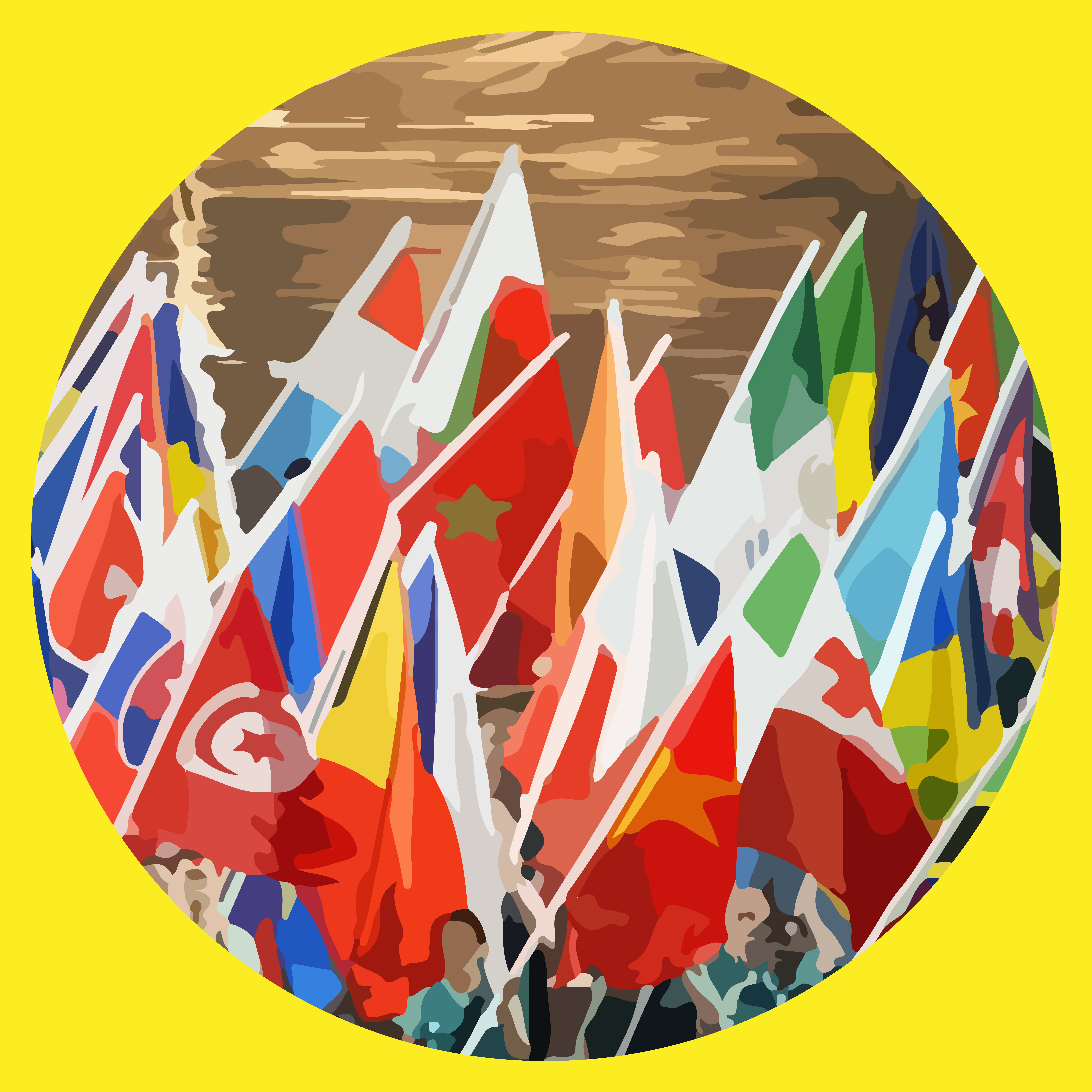This story is syndicated from Logos Now at Harpeth Hall School in Nashville, TN. The original version of the story ran here.
The U.S. is closing out a year of two highly divided campaigns, but that’s not the only reason we seem to have heard more than ever about elections recently. 2024 is also the year with the most democratic elections in history — so, welcome one and all to democracy in 2024!
This year, in 64 countries and the European Union, over 49% of the global population has been called to vote on whom they believe should represent them as leaders in our world. Let’s take a deeper look at some of these elections to see who is really demonstrating the spirit of democracy and who may just be using the titles for brownie points.

One of the most notable elections of 2024 was held in the largest democracy in the world: India. 632 million voters came out to vote, making it the largest election ever held. Nationalist Prime Minister Narendra Modi has ruled India without much opposition for the past decade and has instituted many controversial laws. Modi’s strategy of self-important and assertive politics finally failed him for the first time this year. Though he earned re-election, his party lost its parliamentary foothold.
After barely winning the lower house through assistance from other parties under the larger “National Democratic Alliance,” Modi has had to rule under a coalition government in which his power relies on maintaining good relations with other parties. While it is uncertain how this turn of events will play out, this election is a prime example of democracy working in real time for the greater good of the people.
The snap election held in France earlier this year under President Emmanuel Macron marked a similar shift. Following the European Union’s parliamentary elections where liberal-centrist Macron drastically lost to his right-wing opponent Marine Le Pen, Macron felt the need to call a “snap election” in the legislative branch, exercising his position’s ability to refresh parliament early.
Le Pen is the leader of the National Rally (RN), an extremist right-wing party focused on anti-immigration laws and prioritizing French power above all else. The RN’s policies oppose Macron’s Ensemble coalition party, which focuses more on strength in the EU as a whole and working to support European sovereignty in any way possible, including accepting immigrants.
Macron’s goal with the snap election was to test the loyalties of the French people with an election that would directly affect their day-to-day lives, he said, hoping that his party’s recent loss would boost interest and voter turnout and re-empower centrists and liberals. Although pollsters predicted the RN would sweep and dominate the votes, the election actually resulted in a hung government, with the power relatively divided between the left, centrists and the right.
Bridging the parties, Macron has since appointed populist Michel Barnier as the new Prime Minister, who went on to compose the most conservative cabinet France has seen in a long time. Macron has one more year as president, and although he will still hold power over French foreign affairs, France has turned a new leaf for domestic relations in the next few years.
While there have been plenty of fascinating and fair elections this year, Venezuela’s presidential election fell short of the international standard of democracy. Right-wing figure Nicolas Maduro, Venezuela’s president since 2013, ran again for another term against liberal Edmundo Gonzalez. On July 28th, the National Electoral Council announced Maduro’s win, with Maduro reportedly receiving 51% of the nation’s vote.
On July 29th, the Carter Center, which verifies the authenticity of international elections, called for the Venezuelan government to release the voter data. They refused, instead releasing a statement explaining that there had been a cyberattack to limit the ability to access and audit the votes.
The stories of these attacks, however, didn’t line up, as some officials claimed the attack came from Greece and the E.U., while Maduro himself said it had been schemed by Elon Musk from inside the U.S.
Regardless, these discrepancies led to distrust in Maduro’s administration — but he cannot be removed as most authorities in Venezuela are loyal to him and his party. Citizen protests made international headlines, with as many as 25 killed.
An audit of receipts by the opposition party found that Maduro lost by millions. After Maduro seemingly lied about his election results and utilized a corrupt government to re-establish himself, Maduro’s rule is the perfect example of false democracy in 2024, with The BBC among others calling the body of evidence that Maduro actually lost “overwhelming.”
The world is filled with dozens of different governments, and even within similar democratic systems, there are still differences in how each country rules its people. With a new U.S. administration about to take office, we should stay alert and aware now more than ever on how democracy is shaping up on a global scale.



